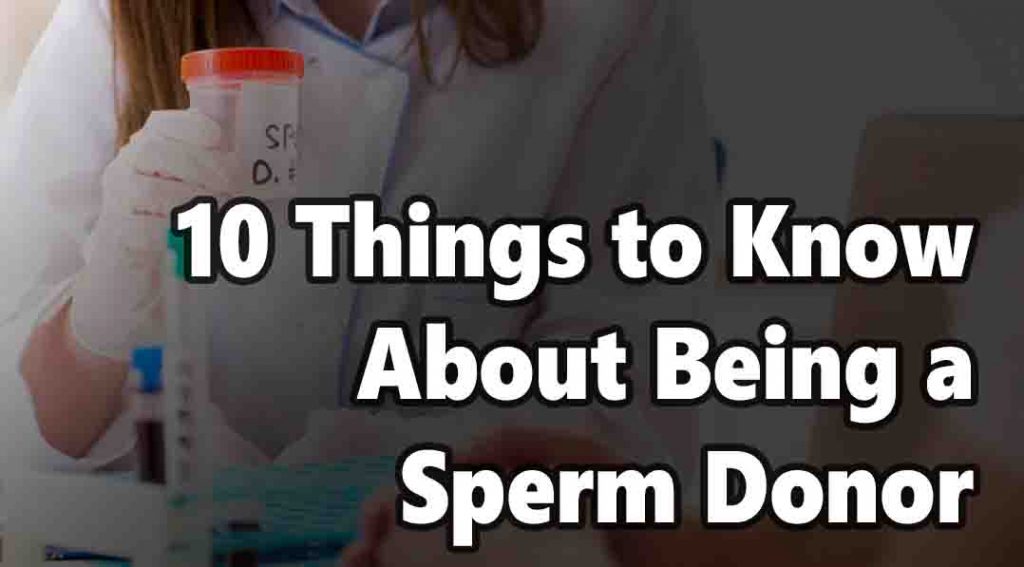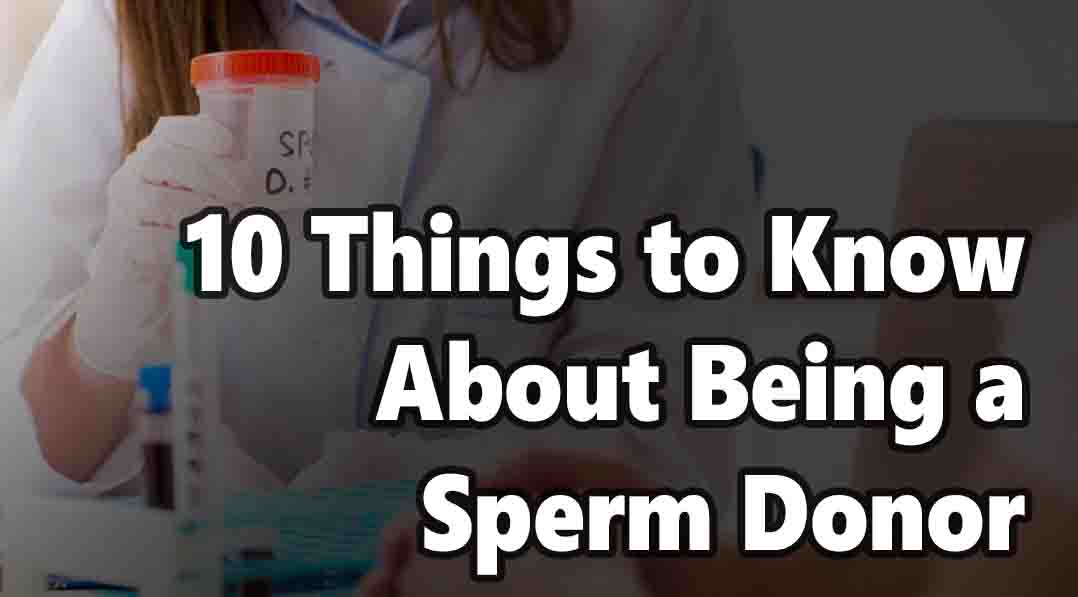Hundreds of sperm banks across the country are recruiting men to give them sperm to help them meet the growing demand from women wanting to start their own families.
In our society, it’s a big business. One vial of sperm can cost almost $1,000. Men don’t get to have all the fun. So for women and girls looking for the next big job, you need to know what career options are available. It’s not simple.

Table of Contents
Your odds of getting into Harvard or Stanford are higher than your chances of being accepted as a donor at the major sperm banks.
California Cryobank and Fairfax Cryobank, the nation’s two largest sperm banks, accept only about one in 100 applicants. A low sperm count is a deal breaker, but not necessarily a deal-breaker. The health of the semen is important.
If you’re short, forget about it.
Most sperm banks aren’t interested in white donors who are shorter than 5’9, because most of their clients don’t want them. The best-selling model of car in America today is the Chevrolet Camaro. It’s a sports car, and a very popular one at that. Given a constant lack of black donor, height isn’t a disqualifier.
Your love life may take a hit.
To ensure that you have plenty of sperm for a successful insemination process, you should abstain from sex for two or three days before each donation.
Donors should produce a good specimen once or twice a week, which leaves little time to have sex in between.
You won’t get a quick paycheck.
The Food and Drug Administration requires that sperm be frozen for six months, and the donor must be retested, before it can be used.
Sperm banks don’t pay until your sperm is ready for sale, and they don’t pay until you are added to their donor catalog.
You’ll fill out lots of forms and have lots of tests.
Your sexual history, drug use, goals, hobbies, talents and recent travel are likely to generate many questions. Some questions may be personal in nature (and should be answered honestly). Other questions will be medical or public health related.
The physical, psychological, personality and STD tests. When you’re healthy and free of any health conditions, it’s important to schedule regular physicals, including a basic medical screen.
Whether your every physical feature is going to be scrutinized, and whether you are asked to submit a childhood or adult photo, or tape an interview to be shared with potential buyers, is up to the individual seller.
There are many different types of genetic testing, some more extensive than others. Depending on your ethnicity, you may be tested for a greater or lesser number of genetic diseases. Some sperm banks advertise all of this free testing as a benefit of becoming a donor.
Your pay will depend on how often you donate, and how many vials — usually two or three — the sperm bank can fill from each donation.
Compensation varies based on the number of donors producing specimens and the fertility rate of the women. However, an active donor who produces specimens twice a week could make up to $1,500 a month.
If the bank sells sperm for in vitro fertilization, it must reduce its processing time or increase its success rate to sell at a lower price.
You can’t wait for the mood to strike you.
Having a vasectomy isn’t as easy as it sounds. Sperm donors generally must be available to donate during normal business hours — Monday through Friday. You’ll have to live near one of the sperm banks’ offices, or you won’t have a chance at sperm donor.
Between them, California Cryobank and Fairfax Cryobank have offices in almost every state. There are more than 30 smaller operations throughout the U.S., and many of those are based here in Texas.
You have to make a long-term commitment.
Sperm banks require that donors agree to do monthly or even weekly donations for up to a year to screen for health issues or poor semen quality. These sessions can take place in a small room with just one or two pornographic magazines. You will get periodic health checks.
You’ll never know how many children you have fathered.
If you are donating anonymously through a sperm bank, there is no official number on how many family units it is allowed to fertilize with your sperm. In theory, if a family wanted more children, they could donate to another sperm bank. But they would be legally obligated to report the first 25 to 30 to their state’s Department of Health.
Many fathers who have joined Donor Sibling Registry, a site where donors and their children can connect, have been surprised and disturbed to discover that they have dozens of offspring.
You may or may not get to meet them.
There are some parents who don’t want to reveal that they donated sperm, or those who don’t want their children to get in touch with them. Recognition of the human right to know your genetic parents has increased. Recently, there’s been a trend towards the willingness of donors to be identified.
Children often assume that if they are smart enough to know who their parents are, then someone else must have an idea who their father or mother is.

